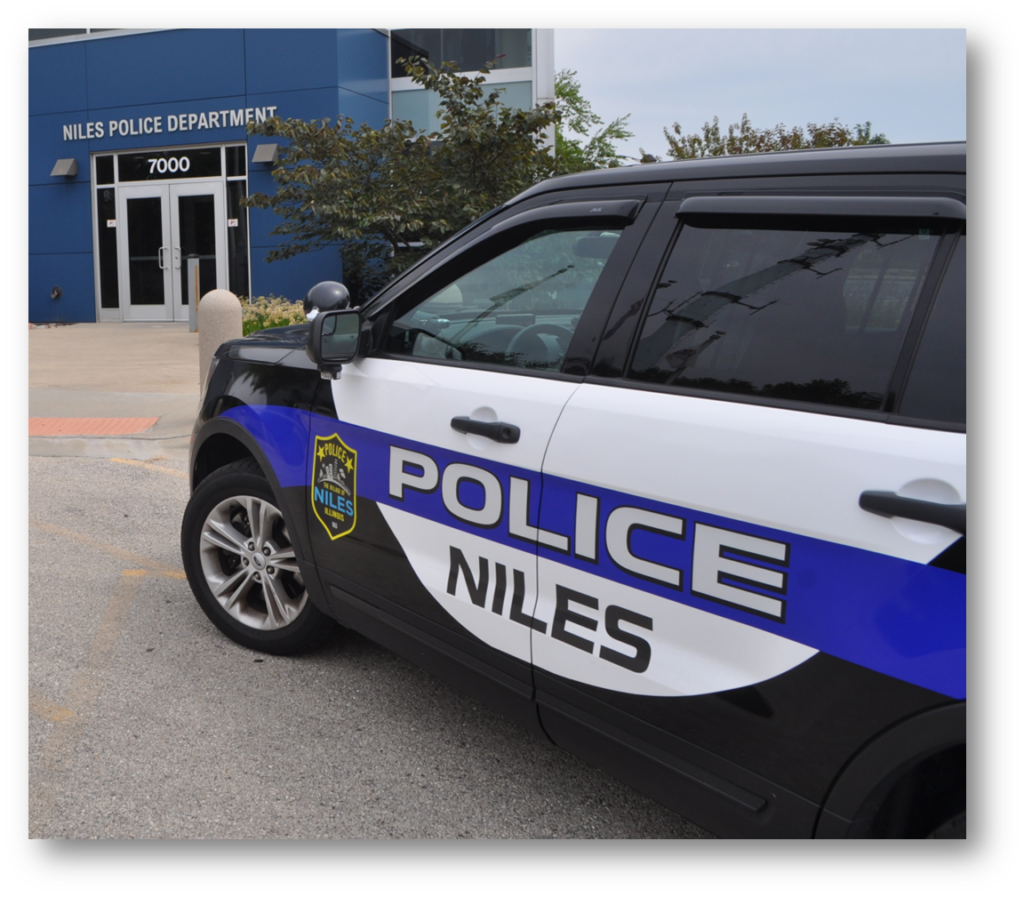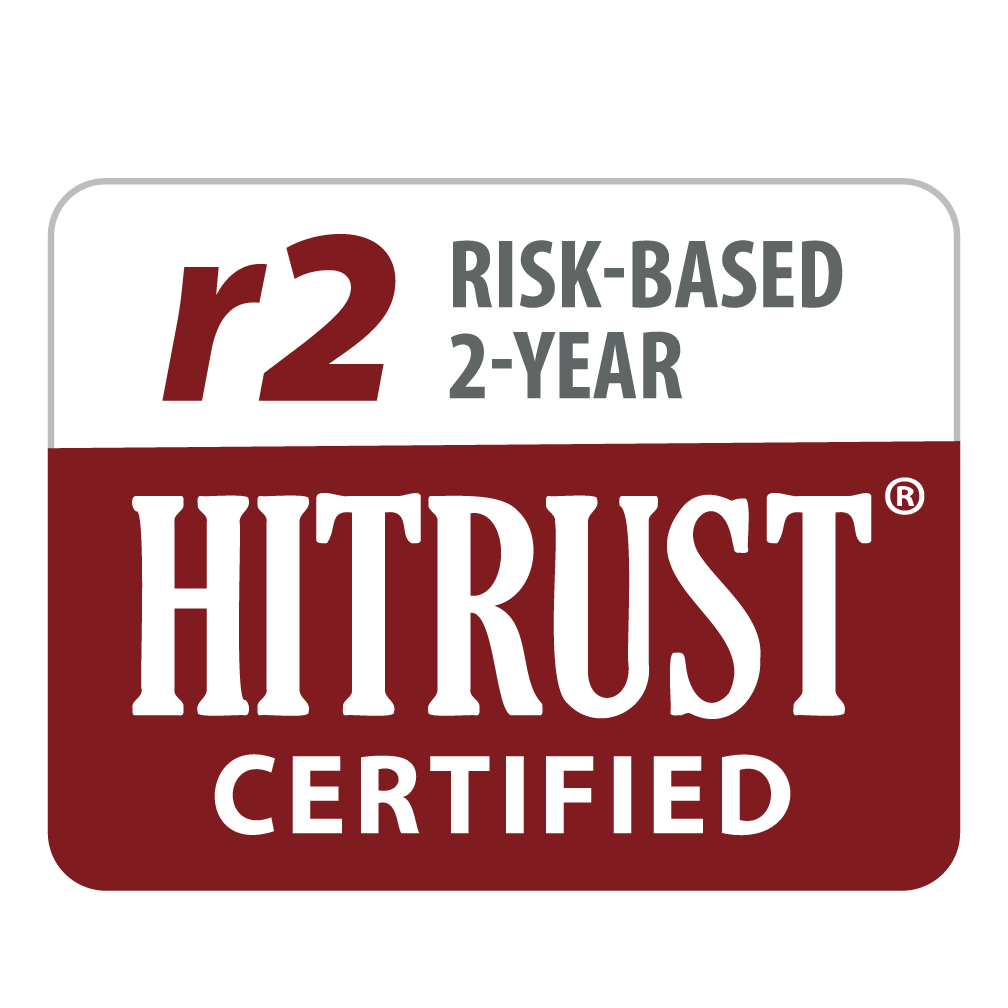
Police officers often face significant mental health challenges due to the high-stress nature of their career. They regularly encounter traumatic events, violence, and life-threatening situations, which can lead to chronic stress, anxiety, and post-traumatic stress disorder (PTSD). The stigma surrounding mental health in law enforcement can further exacerbate these issues, as officers might be reluctant to seek help for fear of stigma or jeopardizing their careers. All these factors contribute to a higher prevalence of mental health problems among police officers compared to the general population.
Tony Bertram, a Licensed Clinical Social Worker for the Niles Police Department, is well aware of both the mental health strain that the profession can cause, and the resistance to seeking help that many officers may have. As a fifteen-year former police officer himself, he is constantly seeking out new ways to proactively approach officer mental health, and has been using the CAT-MH® for the past two years to successfully tailor mental health assessments to individual officer needs. After the CAT-MH®️ is remotely delivered to officers to complete privately, Bertram can then meet with them to discuss any mental health concerns that come up in the comfortable and inviting environment his office provides. This approach guarantees them absolute privacy so they may address any issues that may surface during such a high-stress career.
Two years in to using the CAT-MH®, Bertram has found it to be an integral tool in his clinical arsenal, enabling Niles PD to monitor the mental health of their officers internally. With police officer mental health becoming paramount in the past few years, Bertram believes many departments are taking the wrong approach and outsourcing mental health to third parties. He has found through his own experience that officers are wary of talking about their mental health with people they don’t know due to concerns about stigma and privacy issues. There is also a completion barrier if they have to take time to travel to a third party site to complete assessments during duty time or on their days off, often leading to low compliance.

Bertram has found the CAT-MH® assessments to be a beneficial tool that he can use with the officers he knows and sees on a daily basis, finding 80% complete their assessments the first day it is sent out. He contributes this to the relationship and trust he has fostered within the department, and the reassurance of complete privacy of the results. Bertram reassures officers that it will only be a conversation one-on-one with no judgment, freeing them of the worry that their results will be shared with their superior or jeopardize their career. They are also able to quickly complete the assessment at their convenience, not being put on the spot and asked difficult questions by a third party individual they may not know.
Tools like the CAT-MH®️ are also helpful in tracking mental health because they generate severity scores that can indicate significant changes in mental health over time. If a mental health concern is flagged, Bertram goes straight to the officer instead of their supervisor. The good rapport between them, and the promise of confidentiality, is key to getting the officer the support they need and encourages a comfortable discussion about any future concerns. In the time ahead, Bertram hopes that more police departments will see the benefits of utilizing the CAT-MH® internally, rather than outsourcing the mental health needs of their officers to third parties. This strengthens rapport within the police department and their support staff, saves money, increases compliance, and eliminates the weakened manpower that can occur when officers are sent long assessments to complete during duty time.
We want to thank Tony Bertram at the Niles Police Department for the important work he continues to do to support officer mental health. Creating an environment where mental health is prioritized can have incredible impacts not just for individuals but on the wider community, and we are excited to see more first responder departments using the CAT-MH®️ in their efforts in the future.
For more information about our tools and how they can be used in your organization, contact support@adaptivetestingtechnologies.com.

